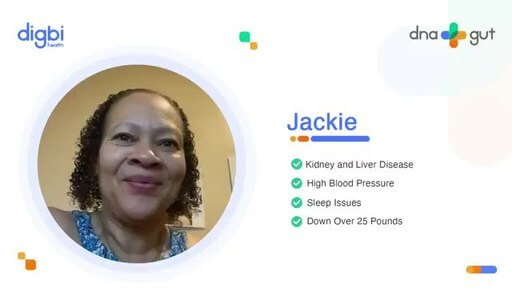Virtual healthcare provider Digbi Health has announced the inclusion of ethnicity and gender-based data in its program for those with chronic diseases and mental illness associated with inflammation of the gut and obesity.
Ethnicity and gender are established in genetics, therefore, they directly contribute to a higher risk of certain illnesses, diseases, and food allergies. The gut microbiome of an individual, where the “command center” for the immune system is found, is also based on genetics and hereditary characteristics.
A New Need in Healthcare
The COVID-19 pandemic has exposed significant levels of obesity and inflammatory diseases and has highlighted the need for treatments. The increase in the number of work-from-home employees has led employers to implement digital care programs. However, these programs do not use gender or ethnic-based data for personalization – they are mostly “one size fits all.” This lapse has resulted in a significant lack of care specific to certain groups of people.
“It’s extremely problematic for the health of an increasingly diverse workforce to limit genetic, gut microbiome data to one population and one-size-fits-all digital care programs that have proven bias towards one gender and ethnicity. Digbi’s science and care team is committed to eliminating health outcome disparities while advancing our understanding of genetic and gut microbiome science,” says Ranjan Sinha, Founder and Chief Executive Officer of Digbi Health, in a statement.
Implications of the Study
In total, 72.0 percent of the individuals in this study lost weight, and 17.3 percent maintained their current body mass index (BMI). In only 120 days, 142 people dropped an average of 5% of their body weight. Clinical and demographic characteristics, as well as behavioral commitment and genetic risk, were all included in the development of these weight loss models.
The effectiveness of a computerized precision weight reduction program model was considerably improved when genetic information was included. Coaching based on users’ genetic risk, along with active participation in their own achievement, was shown to be successful in weight reduction models. Even while further research is required, the findings suggest that genetic risk may be used to guide weight reduction therapies, which can then be supplemented by health advising and digitally delivered advice.
More details about the study can be found in the Journal of Medical Internet Research.
